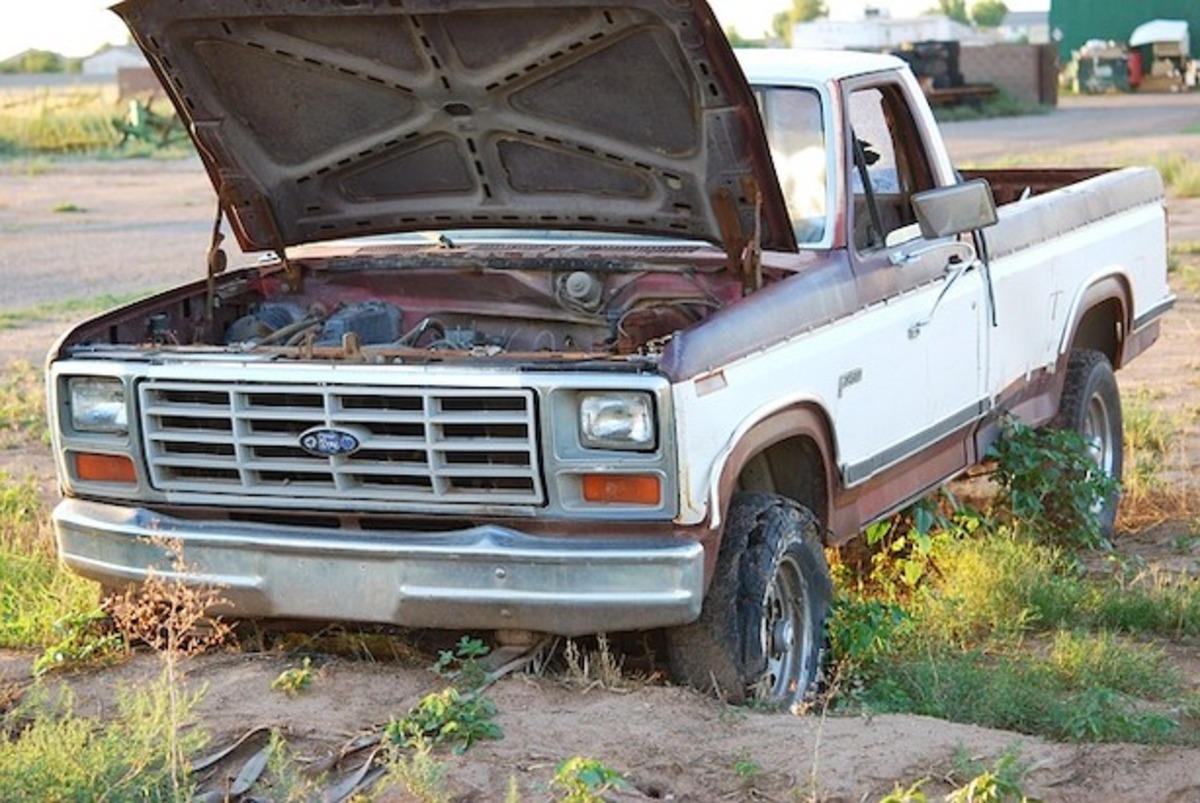Trash or Treasure? Have a say on unclaimed goods
Staff Reporters
20 January 2024, 2:53 AM

Proposed changes to the Unclaimed Goods Act 1987 are now open for public feedback.
The state government says the changes could make it easier for people to sell or dispose of goods not collected by owners and left in their possession.
This scenario could unfold following the sale of an item that is never collected, after goods are left with a business to service, when a person agrees to look after goods for another, or when items have been otherwise abandoned.
The Act currently permits a person to sell or dispose of unclaimed goods after waiting three months.
They must then follow a set process of sale or disposal depending on the value of the goods, which may require public auctions and advertisements.
One example of where the Act has proved to be hard to deal with is where a mechanic is left with a car that the owner abandons after deciding it is not worth the cost of repairs.
Proposed changes aim to make the process of selling or disposing of unclaimed goods easier and reducing unnecessary costs, while maintaining important protections for owners.
People are invited to have their say about the proposed changes to the legislation via the yourSAY website. The consultation period closes 16 February.
Attorney General Kyam Maher says no one wants to be stuck holding onto or storing things for extended periods that they don’t want and that don’t belong to them.
“If goods aren’t claimed, there should be a clear, simple, and fair process for people to follow so they no longer have responsibility for them.
We’re looking at reducing the amount of time people need to hold onto unclaimed goods as well as simplifying the steps involved in disposing of or selling unclaimed goods.
Darrell Jacobs, Motor Trade Association SA/NT CEO, has welcomed the state government’s review of Unclaimed Goods laws.
“Automotive service and repair businesses are being used as a dumping ground for unwanted cars.
“Even after years of unanswered calls, letters and emails to a previous owner, businesses are left with red tape nightmares and disposal costs well in excess of the vehicle’s value.”